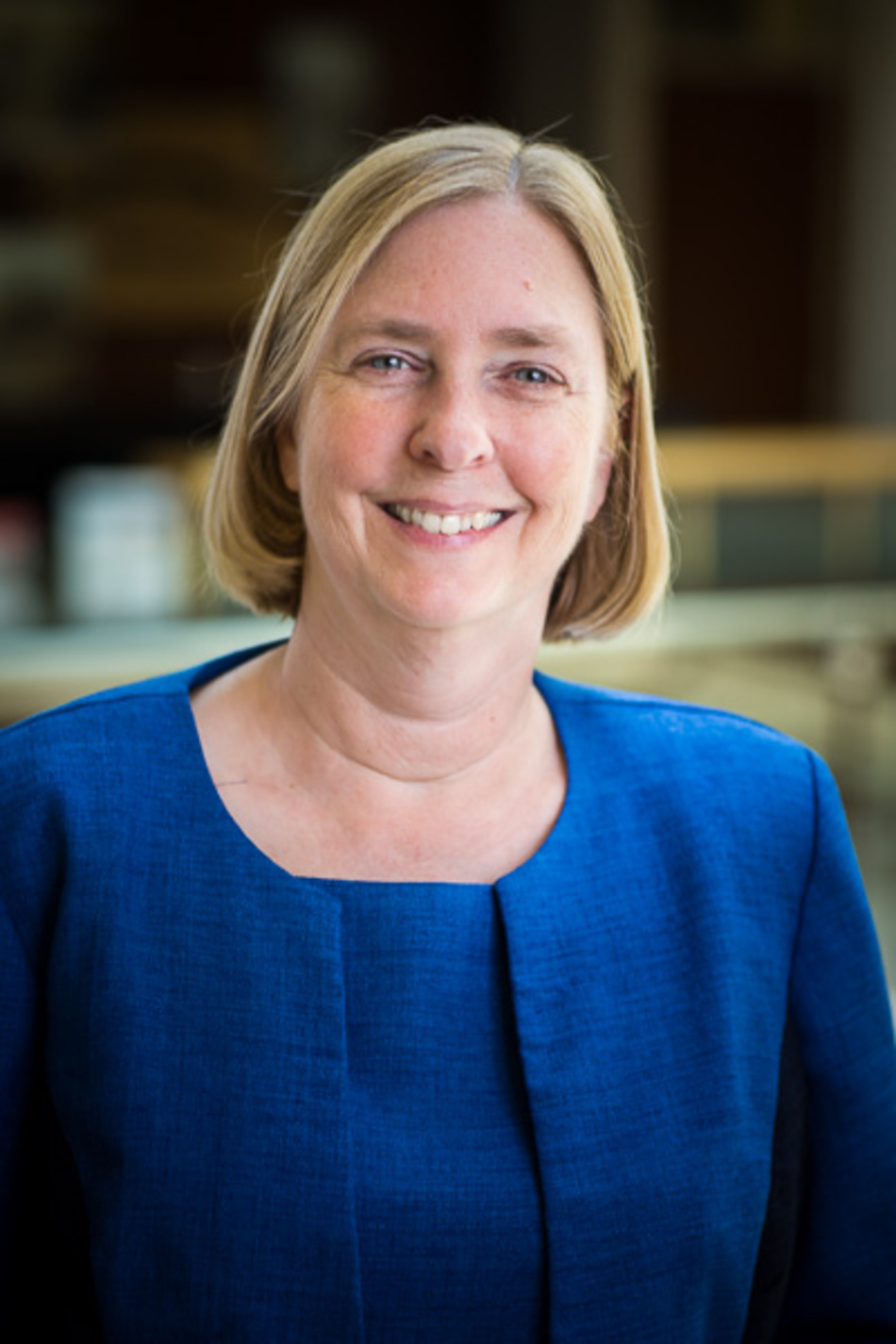Episode Transcript
Announcer: Medical news and research from the University of Utah physicians and specialists you can use for a happier and healthier life. You're listening to The Scope.
Interviewer: Hospitals and clinics are under pressure to become more patient-centered, which in today's fragmented health industry means taking a more team-based approach to care. But you can't expect providers to work as teams if they haven't trained as teams. I'm talking with Rebecca Wilson, Director of Interprofessional Education of the University of Utah. Let's talk about the University's efforts to make medicine a team sport. What is Interprofessional Education, and why is it important?
Rebecca Wilson: Interprofessional Education is students from two or more professions that are learning together to improve the quality of patient care and their collaborative skills. It's important because, as a professional, if the first time you ever meet the other people on your time is when you are just kind of striking out for the first time, that's a very difficult time to have to put all that together. By having students learn together during their programs, they get a better feel for the entire healthcare team and how we all work together in the interest of the patient.
Interviewer: Give me an example of how this works sort of on the ground level.
Rebecca Wilson: The students come together around a patient who is just about ready to go home. We all know that transitions in care are some of the most difficult times for patients when they go from hospital to home or other care settings. So we have the team put together to do what they think is going to be a routine discharge, and as can happen in healthcare, a family member shows up, and the information changes. So how does that team make a change in their plan? How do they communicate it to each other and make sure that they are getting back on the same page about what they think is best for the patient, and then how do they turn around and communicate that with the patient and the family member?
Interviewer: You were recruited from the Mayo Clinic College of Medicine in Arizona where you taught interprofessional courses in a simulation setting. What drew you to Utah or to the University of Utah?
Rebecca Wilson: I think what drew me to the University of Utah was the opportunity to talk with pre-professional students. I had some wonderful experiences with people in the profession that wanted to have that influence. I came to the University of Utah because I've been to Utah before and had great respect for the healthcare education that is happening in this environment, and I was excited with the idea of being able to be part of that.
Interviewer: And you started in medicine as a nurse, right? And you have a Ph.D. in Education Technology. What about those experiences sort of informs your vision for Interprofessional Education?
Rebecca Wilson: I think coming from a nursing background and having been a nurse for many years and seeing where we came from, where teams weren't really considered to be something that was in my education, we were all trained very separately, and seeing, though, in my practice, when practice went well, when teams worked well, and when teams didn't work well, I became an educator probably about 17 years ago. I have been working with different professionals and putting together those team-based experiences and seeing, again, some of the quality improvements and other initiatives that we took and how much improving the team improved the overall patient care.
Interviewer: It sounds like we've come quite a way with Interprofessional Education. Where are we headed?
Rebecca Wilson: I believe that we're headed, number one, towards making sure that students see this in not just the classroom where we have control, but also in the clinical areas, where wonderful practice may be taking place. But maybe they don't even recognize it when they see it. So helping the students to understand what Interprofessional practice looks like in the day-to-day around patients and around population health. So that's one of the places we're heading. I think the other is getting a little bit broader about what we consider team and who's part of the healthcare team and how do pieces that we wouldn't necessarily always think of right away fit in. Social care. Social work is a pretty easy one to think about, but healthcare administration, law, business, all of those areas. How do we help students to learn about each other so they're not encountering each other for the first time when they're trying to solve a practice problem?
Interviewer: If the sky was the limit, what would you like to see accomplished here at the University of Utah in the realm of Interprofessional Education?
Rebecca Wilson: I think my ultimate dream is that Interprofessional Education becomes the way things are done. So it becomes a part of the fabric of how patients are cared for, that everyone has the opportunity to work to the top of their preparation, and that we understand how to work with each other and work with patients and making sure that the patients are always brought into the team. I think if we can get education, experiences, and learning to get people to that point, we will have been very successful.
Announcer: We're your daily dose of science, conversation, medicine. This is The Scope, the University of Utah Health Sciences Radio.
